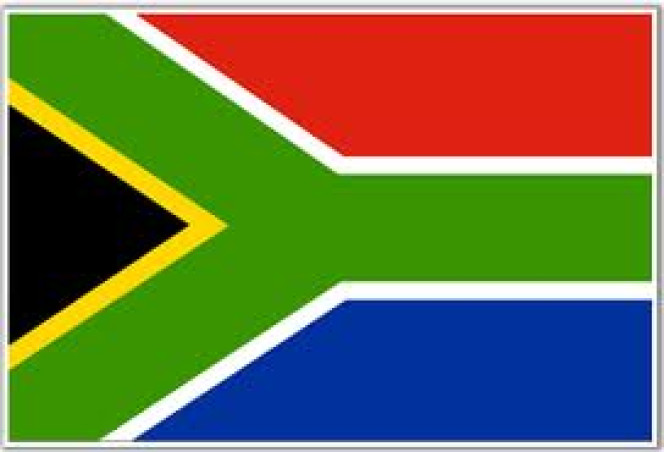Mobile banking set to empower SA’s poor

By Johan Meyer.
IN THE latest "Gates Notes" annual letter, Microsoft founder and philanthropist Bill Gates observes that "digital banking will give the poor more control over their assets and help them transform their lives and by 2030, 2-billion people who don’t have a bank account today will be storing money and making payment with their phones".
He is spot on, mobile money is the future and this inevitability has some of the major financial institutions running scared.
Nedbank has invested in Pocket POS, FNB developed Cell Pay Point, Absa has Payment Peddle and Standard Bank partnered with SnapScan. All these banks have invested in e-wallet services as well, confirming that the threat to traditional banking of mobile money — or cashless transacting — is real.
SA has a huge unbanked population, with some researchers estimating it as high as 67% — people turned off by the banking system due to its exorbitant fees, Fica requirements and a general lack of trust. SA also has one of the highest cellphone penetrations in the world, with 87% individual ownership and 36% of them owning smartphones, according to the 2014 AMPS Report.
In the next couple of years there will be a massive switch in people’s attitudes to mobile money, which will turn into another South African success story.
Mobile banking has several advantages.
It gives people a means of carrying money without the constant fear of losing it or being robbed. It gives the poor the ability to be part of a society and to use a banking system without being exploited. People can use their cellphones to pay taxi fares, buy groceries at a corner shop and to send money to others.
Kenya, Tanzania, Botswana and Zimbabwe are ahead of SA in mobile banking. The time has arrived for every supermarket, retailer, spaza shop, coffee shop and taxi driver to embrace mobile money.
Major companies in SA and the rest of the world are working on including mobile money in their business models and are allowing people to use it in ways never imagined. From automated payments for parking, to fridges that order milk and automated reward systems, mobile money is the future for all.
With big tech companies such as Apple, Google and Samsung getting involved in mobile banking, the industry is growing at a rapid rate. Regulators will be forced to adapt, making it possible for smaller businesses to use mobile money and allowing companies to launch their mobile money products.
In SA the slow growth of mobile money is due to the limitations put in place by the regulating bodies. The strong hold of the top five banks over the payment industry contributes to inhibiting growth. It is almost impossible for any firm to get a banking licence in SA. Without one, or a banking partner, it is illegal to launch a mobile banking company.
SA can no longer delay building mobile banking systems on a larger scale, as this will ease the critical problem of financial inclusion. People are already using alternative digital mediums as currency.
In other African countries, people use airtime as a currency. Bitcoin is becoming more and more popular among online shoppers.
These currencies will become another form of mobile money. As banks and regulators limit the growth of mobile money, people will find different forms and means of making payments. In the near future more people will accept alternative forms of payment.
• Johan Meyer is founder and CEO of Wallettec, which assists retailers to accept mobile transactions.
SOURCE:BUSINESSDAY LIVE
 Africas leading resource for digital financial services
Africas leading resource for digital financial services


comments